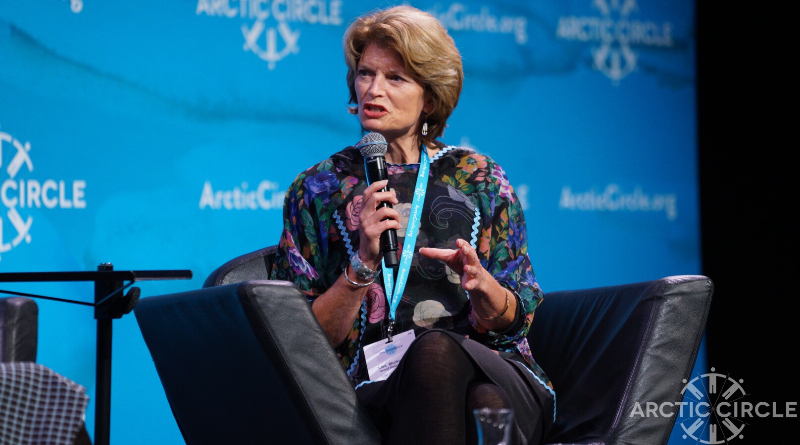US Senator Lisa Murkowski (R-AK) has expressed disillusionment with the Trump administration, suggesting she may have been misled during negotiations over the One Big Beautiful Bill Act (OBBBA). In her remarks, she indicated that the agreements made were quickly overshadowed by subsequent actions taken by the administration. “I feel like we made a deal and then, hours later, a deal was made to somebody else,” Murkowski stated.
The OBBBA proposes significant changes, including nearly $500 billion in reductions to US clean energy spending. Murkowski was pivotal in passing the bill, supporting it in exchange for assurances that Alaskan wind and solar projects would be safeguarded from cuts. Despite her long-standing advocacy for oil and gas development in Alaska, she has also championed a diverse energy portfolio that includes renewables.
Following her critical vote on the OBBBA, the administration’s response undermined her expectations. President Trump issued an executive order that limited awards for solar and wind projects, casting doubt on the future of renewable energy initiatives. Murkowski had hoped that Trump administration officials recognized the potential of local renewable projects to offset the high costs of diesel fuel used in many rural Alaskan communities.
Murkowski initially viewed her negotiations as a significant victory for clean energy in Alaska, aimed at addressing an energy crisis exacerbated by dwindling natural gas supplies from the Cook Inlet. “It’s not everything that I wanted,” she explained at the time, “but it’s going to keep some of our projects alive, and that’s important.”
Just weeks after her decisive vote, Murkowski has reassessed her stance, claiming the administration’s actions are “reckless.” She expressed concern that utility companies would interpret the executive order as a signal to withdraw from renewable energy investments. “Do I feel like the administration was not being up-front with us? Yes,” she stated, highlighting the potential for a shift back to relying on liquefied natural gas imports.
Despite her frustrations, Murkowski acknowledged that the OBBBA contains provisions beneficial to Alaska, including a new royalty-sharing mechanism for oil production revenues on federal lands that will take effect in eight years. She successfully negotiated a 12-month window for projects to receive tax credits before potential eliminations. Nonetheless, the executive order from Trump and directives from Interior Secretary Doug Burgum have raised alarms about the future of private renewable energy projects in Alaska.
Murkowski’s concerns extend beyond energy policy to the implications of the OBBBA for vulnerable populations in Alaska. The bill is projected to reduce federal spending on Medicaid and the Children’s Health Insurance Program (CHIP) by $1.02 trillion, potentially removing over 10.5 million individuals from these programs by 2034, according to the nonpartisan Congressional Budget Office. As a state with a significant Medicaid population, this shift poses challenges for Alaska, where many residents rely on these essential services.
The OBBBA includes requirements for individuals to demonstrate work engagement or training to qualify for benefits, raising concerns about the impact on older individuals who may not fit typical employment profiles. Murkowski has noted the increasing numbers of Alaskans relying on food assistance programs, acknowledging the difficulty of funding cuts aimed at Medicaid and SNAP (Supplemental Nutrition Assistance Program).
In her comments, Murkowski emphasized the need for “fair and reasonable reforms,” particularly in light of the high SNAP error rates in Alaska. The OBBBA has drawn criticism for potentially exacerbating the challenges faced by the state’s most vulnerable populations, leading to questions about the efficacy of its proposed reforms.
As Murkowski navigates this complex landscape, the implications of her decisions resonate throughout Alaska, compelling lawmakers to reassess their strategies in light of federal policy changes. Her evolving position on the OBBBA reflects the intricate balance between energy development and social responsibility, underscoring the ongoing dialogue about the future of Alaska’s energy and welfare policies.



































































